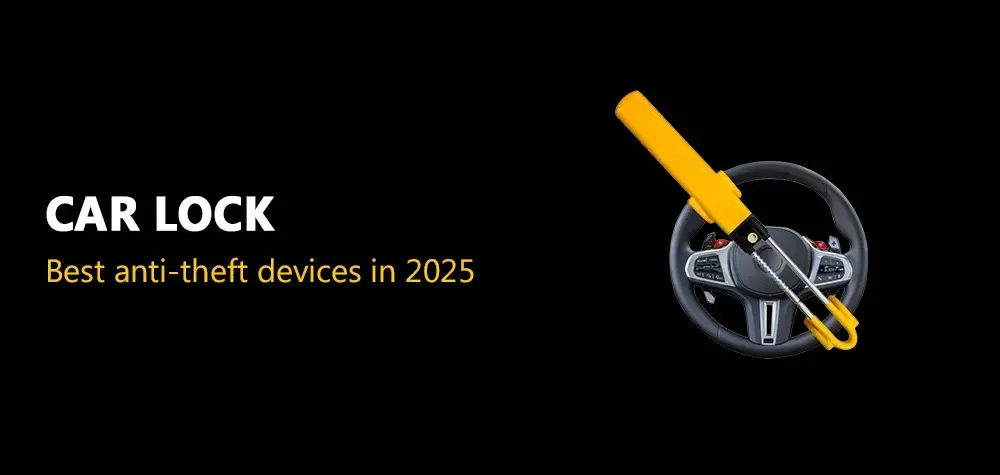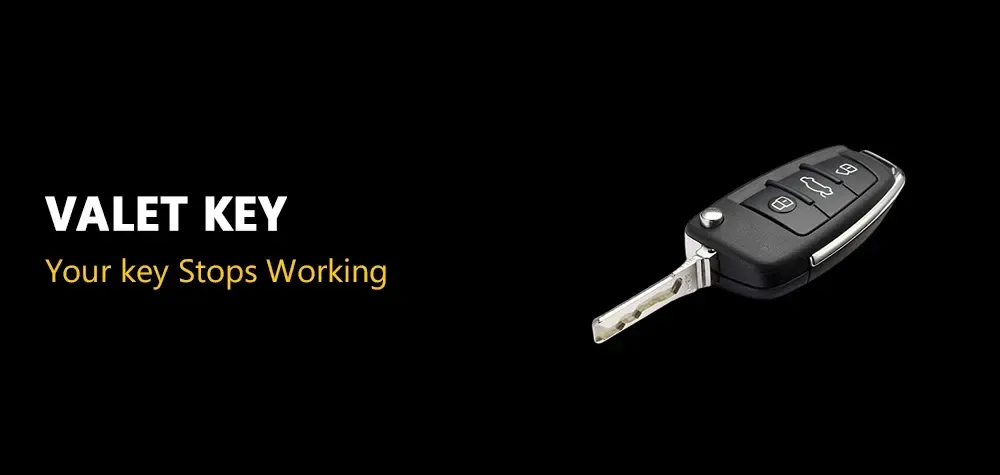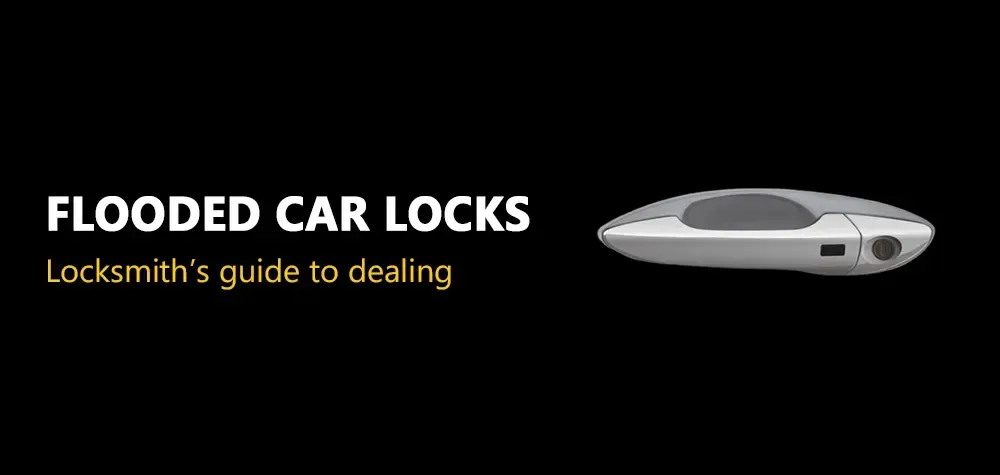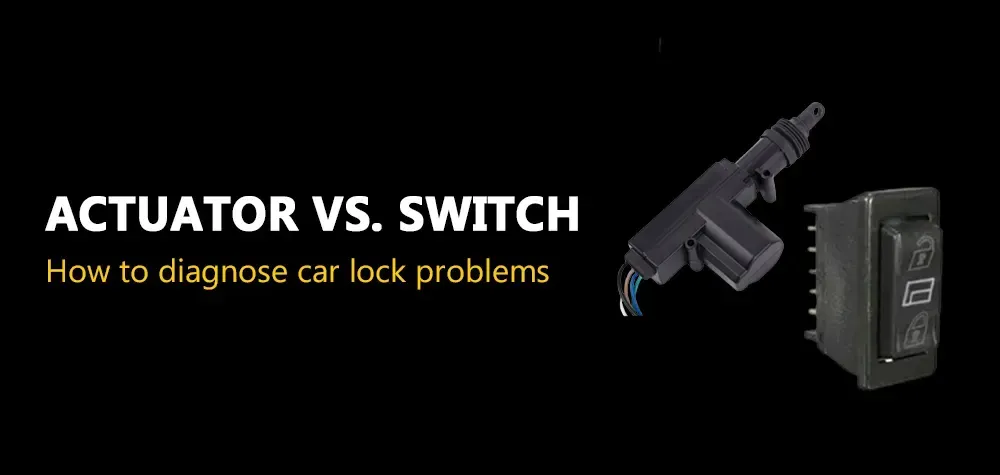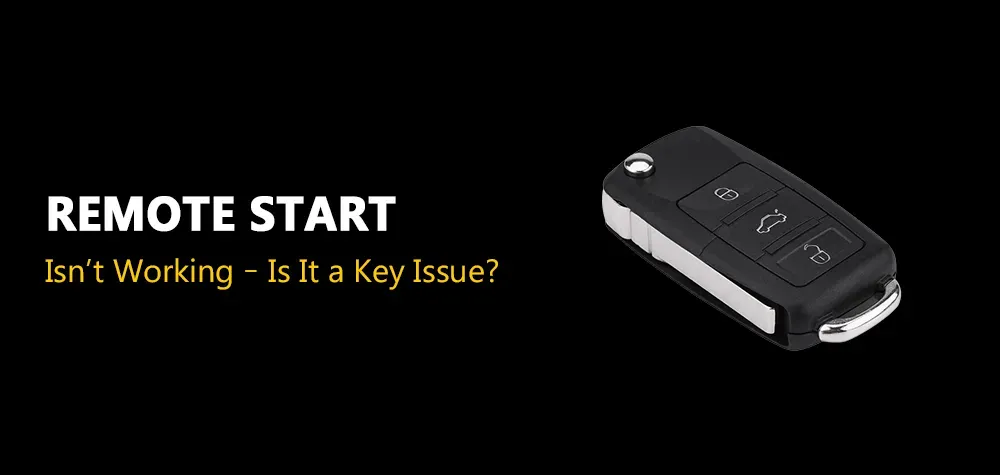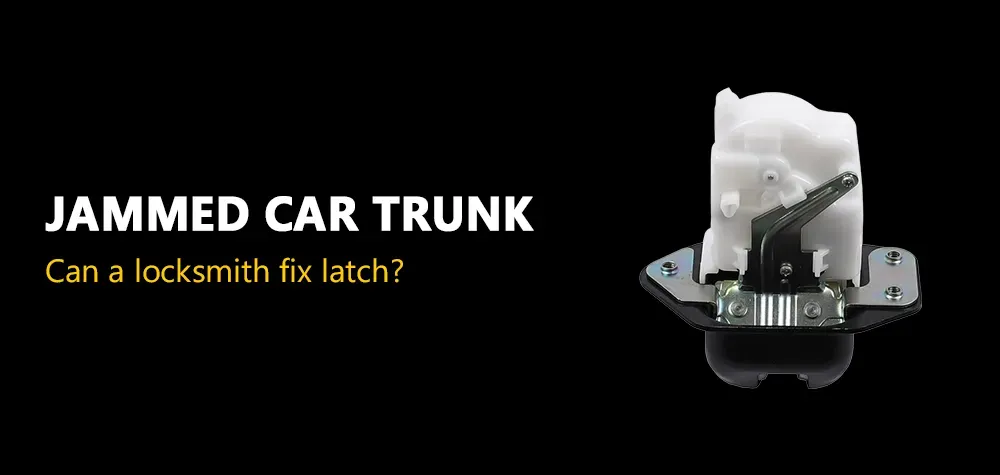Dangers of broken car door
In our daily lives, we often take for granted the importance of our car doors. They provide us with a sense of security, shielding us from the elements and offering protection while we travel. However, when a car door becomes broken or damaged, it can quickly turn into a major inconvenience and even pose serious risks to our safety. In this article, we'll delve into the perils of having a broken car door and explore the potential hazards it can bring. From common causes of door damage to the dangers of driving with a compromised door, we'll shed light on why addressing this issue promptly is crucial. So, let's buckle up and dive into the world of car door perils.
Learn more about Role of doors in home security!
Common Causes of Broken Car Doors
Wear and Tear
Prolonged use and exposure to various environmental factors can take a toll on the components of a car door. Over time, hinges may become worn, seals can degrade, and metal panels may corrode, leading to structural weaknesses. Additionally, frequent opening and closing of the door can cause stress on the mechanical components, such as the door latch and handles, potentially resulting in malfunctions. Weather conditions, including extreme temperatures, moisture, and sunlight, can accelerate the deterioration process, causing seals to crack and paint to fade or peel. As a result, the door's ability to provide a secure barrier against external elements and maintain structural integrity may be compromised, putting both the vehicle and its occupants at risk.
Read here about Top door lock brands!
Accidents and Collisions
One of the most common causes of broken car doors is involvement in accidents or collisions. During a crash, the force of impact can cause significant damage to the vehicle's body, including its doors. Depending on the severity of the collision, doors may become dented, bent, or completely detached from their hinges. In addition to external damage, internal components such as the door frame, hinges, and locking mechanisms may also sustain extensive harm. Driving with a damaged door after an accident is not only unsafe but also illegal in many jurisdictions. A compromised door reduces the vehicle's structural integrity and provides less protection in the event of subsequent accidents. Therefore, it's essential to address any door damage promptly and seek professional repairs to ensure the safety of both the vehicle occupants and other road users.
Attempted Break-Ins
Another perilous situation that can result in broken car doors is attempted break-ins or acts of vandalism. Unfortunately, vehicles are often targeted by thieves looking to steal valuables or gain unauthorized access to the interior. In their attempts to break into a car, criminals may use various methods such as prying open the door with tools, smashing windows, or tampering with the locking mechanisms. These actions can cause extensive damage to the door, hinges, and surrounding areas, rendering it inoperable and compromising the vehicle's security. Moreover, even unsuccessful break-in attempts can leave behind visible signs of damage, making the car more susceptible to future theft or vandalism. To mitigate the risk of such incidents, it's crucial for car owners to take preventive measures such as parking in well-lit areas, installing security systems, and avoiding leaving valuables in plain sight.
Hazards of Driving with a Broken Car Door
Compromised Safety
Driving with a broken car door significantly compromises the safety of both the vehicle occupants and other road users. A damaged door may not provide adequate protection in the event of a collision or rollover, increasing the risk of serious injuries or fatalities. Without a secure door, passengers are more susceptible to ejection from the vehicle during a crash, leading to potentially life-threatening injuries. Additionally, the structural integrity of the vehicle as a whole is compromised, affecting its ability to withstand impact forces and protect occupants in various types of accidents. Therefore, continuing to drive with a broken car door poses a significant safety hazard and should be avoided at all costs.
Security Concerns
In addition to safety risks, driving with a broken car door also raises security concerns. A compromised door makes it easier for thieves and vandals to gain access to the vehicle and its contents. Even if the door is still functional, its weakened state may make it more susceptible to forced entry attempts, increasing the likelihood of theft or property damage. Furthermore, leaving the vehicle unattended with a broken door exposes it to potential theft of valuable items such as electronics, personal belongings, and even the vehicle itself. To protect against security threats, it's essential to address any door damage promptly and take proactive measures to secure the vehicle when not in use.
Legal Implications
Driving with a broken car door can have serious legal consequences, as it may violate vehicle safety regulations and inspection requirements. In many jurisdictions, vehicles must undergo regular safety inspections to ensure they meet minimum safety standards, including the condition of doors and other essential components. A broken car door is likely to fail such inspections, resulting in fines, penalties, and possible restrictions on vehicle use. Moreover, if the vehicle is involved in an accident while driving with a broken door, the driver may be held liable for any resulting injuries or damages due to the vehicle's unsafe condition. Therefore, it's imperative for car owners to address any door damage promptly and ensure their vehicles are in compliance with applicable safety regulations.
Solutions for Repairing Broken Car Doors
Professional Repair Services
When dealing with significant damage or complex issues, seeking professional repair services is often the most effective solution for restoring a broken car door to its original condition. Professional auto technicians possess the expertise, experience, and specialized tools necessary to diagnose the extent of the damage accurately and perform high-quality repairs. They can assess the structural integrity of the door, identify underlying issues, and recommend the most appropriate course of action. Additionally, professional repair services typically utilize genuine replacement parts sourced from reputable suppliers, ensuring compatibility, durability, and safety. By entrusting the repair process to skilled professionals, car owners can have peace of mind knowing that their vehicle will be restored to optimal condition, minimizing the risk of further problems down the road.
DIY Repairs
For minor door damage or cosmetic issues, some car owners may choose to attempt DIY repairs as a cost-effective alternative to professional services. DIY repairs can include tasks such as fixing scratches, dents, or minor paint damage using readily available repair kits and materials. While DIY repairs can be rewarding and save money, it's essential to exercise caution and only tackle repairs within one's skill level and expertise. Attempting complex repairs without the necessary knowledge or tools can lead to further damage or safety hazards. Before embarking on any DIY repair project, car owners should thoroughly research the repair process, follow detailed instructions, and use appropriate safety precautions to ensure a successful outcome.
Temporary Fixes
In situations where immediate repairs are not feasible or professional assistance is unavailable, temporary fixes can provide a temporary solution to address broken car doors. Temporary fixes may include using duct tape or plastic sheeting to cover broken windows or doors, preventing further damage or exposure to the elements. While temporary fixes can offer a temporary reprieve, it's essential to recognize that they are not permanent solutions and should only be used as a stopgap measure until proper repairs can be performed. Car owners should prioritize scheduling professional repairs as soon as possible to address the underlying issues and restore the vehicle's safety and functionality.
Conclusion
In conclusion, dealing with a broken car door presents various challenges and risks that should not be overlooked. Whether caused by wear and tear, accidents, or attempted break-ins, a broken car door can compromise safety, security, and legal compliance. Understanding the common causes and hazards associated with broken car doors is essential for taking proactive measures to address issues promptly and effectively.
Seeking professional repair services is often the most reliable option for repairing significant damage and ensuring the structural integrity of the vehicle. Professional auto technicians have the expertise and tools required to diagnose and repair broken car doors correctly, using genuine replacement parts for durability and safety. While DIY repairs may be suitable for minor damage, it's crucial to exercise caution and only attempt repairs within one's skill level and expertise.
Temporary fixes such as using duct tape or plastic sheeting can provide a temporary solution to mitigate further damage or exposure to the elements. However, they should only be considered as a stopgap measure until proper repairs can be performed by a professional.
Ultimately, prioritizing the timely repair of broken car doors is essential for maintaining safety, security, and compliance with legal regulations. By addressing issues promptly and effectively, car owners can ensure the continued functionality and longevity of their vehicles while minimizing risks and potential liabilities associated with broken car doors.
Call Us Any Time!

